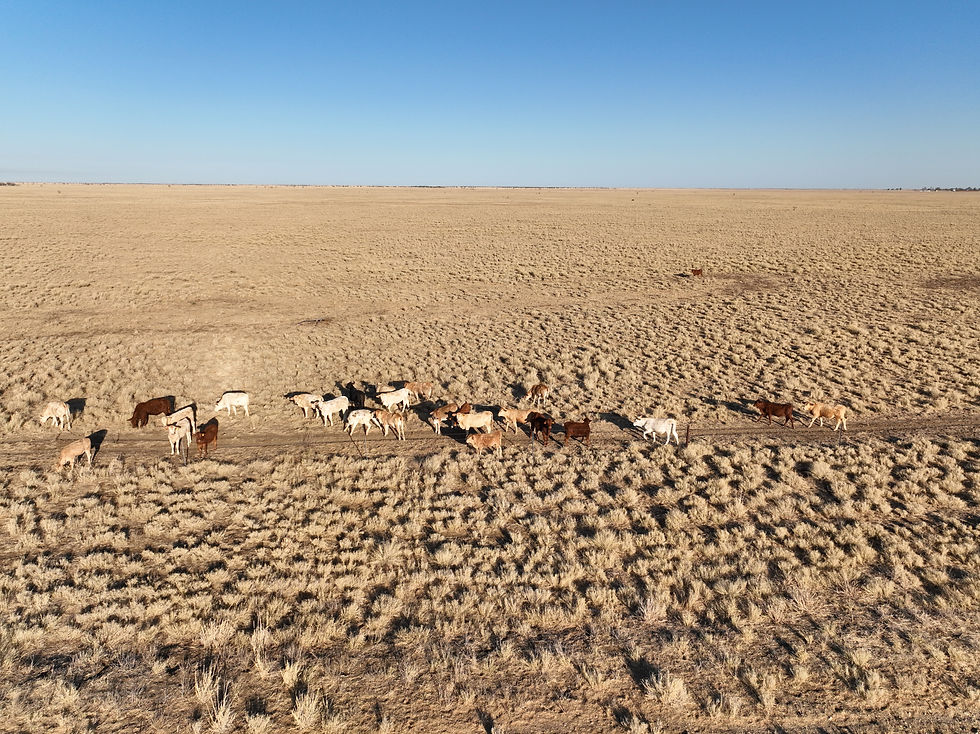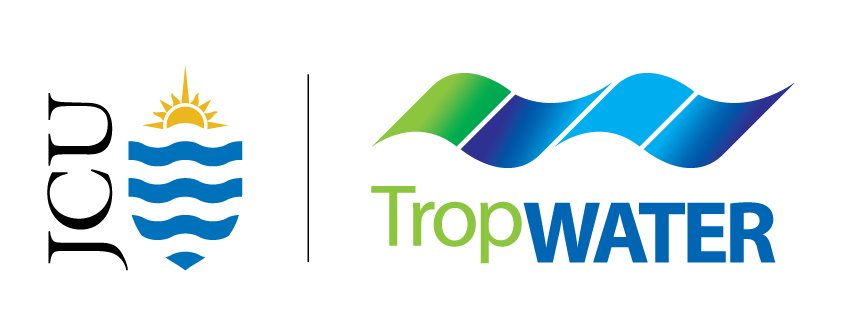Water quality: catchment to reef
Good water quality is essential for the health of marine and freshwater ecosystems. When water quality declines, the resilience of these ecosystems weakens.
We play a major role in monitoring the condition and tracking long-term trends of pollutants entering the Great Barrier Reef. We also work with growers, graziers and communities to help reduce runoff and improve on-farm practices.
Five years after widespread flooding in northwest Queensland, we assessed land and soil condition across grazing lands to better understand recovery and resilience.
Post-2019 flood recovery of Mitchell Grass Downs grazing lands

Research
Our program provides real-time nitrate data to growers in Great Barrier Reef catchments, helping them quickly adjust practices to reduce runoff.
Water quality monitoring for growers using high-frequency sensors

Community
Our researchers train and support tourism operators and communities in collecting data to better understand water clarity, nutrients, and temperature at key tourism sites.
Whitsunday water quality monitoring: citizen science and ecotourism

Community, Monitoring
We are producing new environmental and climate proxy records to provide a greater understanding of the Reef's disturbance history and long-term ecosystem evolution.
Long-term environmental records across the Great Barrier Reef

Research
We use multiple lines of evidence including water quality monitoring, tracing, modelling, and proxy-based data analysis, to a better understand of the catchment-to-marine connection.
Pollutant sources, transport and fate across catchment to Reef

Research
We are collaborating with extension staff throughout the Great Barrier Reef catchment to enhance their understanding of water quality science and how to effectively communicate it.
Improving water quality science communication

Community
This research uses satellite images and advanced remote sensing technology to map and monitor water quality conditions, including flood plumes, across expansive reef ecosystems.
Large scale water quality monitoring using remote sensing

Monitoring
By consolidating historical water quality data, we aim to uncover the spatial and temporal scope of existing monitoring efforts, enabling analysis of water quality trends across broader scales.
Historical water quality database for the Great Barrier Reef

Research
For over two decades, we've studied how runoff from land and river plumes enter the Great Barrier Reef.
Impact of water quality and river plumes in the Great Barrier Reef

Monitoring, Research
Projects

Aaron Davis
Principal Research Officer

Barry Butler
Principal Research Officer

Ben Jarihani
Principal Research Officer

Caroline Petus
Senior Research Officer

Cassandra James
Senior Research Scientist

Chris Williams
Research Worker

Jack Koci
Senior Research Officer

Jane Waterhouse
Senior Research Officer

Luke Buono
Research Worker

Michelle Devlin
Adjunct Senior Research Fellow

Michelle Tink
Manager, Laboratories TropWATER

Patrick Cunningham
Laboratory Technician

Paula Cartwright
Senior Research Officer

Richard Pearson
Emeritus Professor

Shelley Templeman
Principal Research Officer

Stephen Lewis
Principal Research Officer

Zoe Bainbridge
Senior Research Fellow


